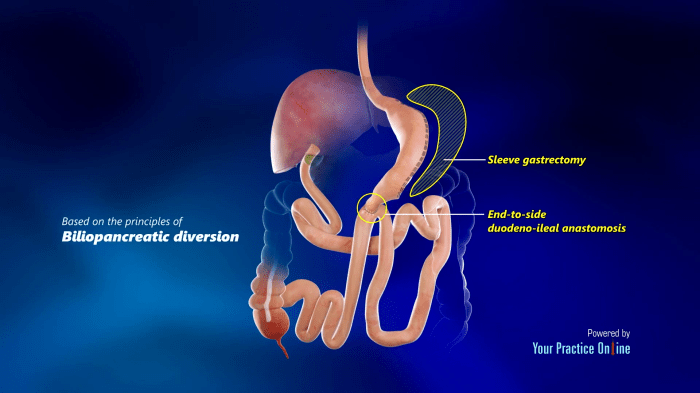Related to the small intestine crossword clue – Embark on a journey into the realm of the small intestine, a crucial organ in our digestive system responsible for nutrient absorption and overall well-being. From its intricate structure to its physiological processes, we delve into the fascinating world of this vital organ, unraveling its secrets and significance.
The small intestine, as its name suggests, is a relatively narrow and elongated portion of the digestive tract, measuring approximately 20 feet in length. It is composed of three distinct sections: the duodenum, jejunum, and ileum, each with unique characteristics and functions.
The Small Intestine

The small intestine is a crucial part of the digestive system responsible for nutrient absorption and digestion. It is a long, coiled tube located between the stomach and large intestine.
Structure and Anatomy

The small intestine is approximately 6 meters long and consists of three main sections: the duodenum, jejunum, and ileum. The duodenum is the shortest and widest part, receiving food from the stomach. The jejunum is the middle section, where most nutrient absorption occurs.
The ileum is the final section, where remaining nutrients are absorbed before passing into the large intestine.
The small intestine’s inner surface is lined with villi, small finger-like projections that increase the surface area for nutrient absorption. Each villus is covered in even smaller microvilli, further enhancing the absorptive capacity.
Physiology and Digestion: Related To The Small Intestine Crossword Clue
The small intestine plays a vital role in digestion. After food is partially digested in the stomach, it enters the duodenum, where it is further broken down by enzymes from the pancreas and bile from the liver. The pancreas secretes enzymes such as amylase, lipase, and protease, while the liver produces bile, which helps emulsify fats for digestion.
As food moves through the small intestine, nutrients are absorbed into the bloodstream through the villi and microvilli. Carbohydrates are broken down into glucose, proteins into amino acids, and fats into fatty acids and glycerol.
Common Disorders and Conditions

Several disorders and conditions can affect the small intestine, including:
- Celiac disease: An autoimmune disorder triggered by gluten, a protein found in wheat, rye, and barley, leading to inflammation and damage to the small intestine.
- Crohn’s disease: A chronic inflammatory bowel disease that can affect any part of the digestive tract, including the small intestine, causing abdominal pain, diarrhea, and weight loss.
- Irritable bowel syndrome (IBS): A functional disorder that affects the large intestine, but can also impact the small intestine, leading to symptoms such as abdominal pain, bloating, and altered bowel habits.
Role in Health and Nutrition

The small intestine is essential for maintaining overall health and well-being. It plays a critical role in nutrient absorption, ensuring the body receives the necessary vitamins, minerals, and other nutrients for proper function.
Proper absorption of nutrients is vital for growth, development, and the prevention of nutrient deficiencies. Malabsorption of nutrients can lead to a range of health problems, including anemia, osteoporosis, and malnutrition.
Research and Advancements
Research on the small intestine continues to expand our understanding of its function and disorders. Recent advancements include:
- Development of new imaging techniques, such as capsule endoscopy, to visualize the small intestine and diagnose disorders.
- Identification of genetic factors associated with small intestine disorders, such as celiac disease and Crohn’s disease.
- Development of targeted therapies for small intestine disorders, such as biologics and immunomodulators, to reduce inflammation and improve symptoms.
Common Queries
What is the primary function of the small intestine?
The small intestine is responsible for the majority of nutrient absorption from food, including carbohydrates, proteins, fats, vitamins, and minerals.
What are the common disorders that affect the small intestine?
Common disorders include celiac disease, Crohn’s disease, irritable bowel syndrome, and bacterial infections.
How can I maintain a healthy small intestine?
Maintaining a balanced diet, staying hydrated, and getting regular exercise can promote a healthy small intestine.